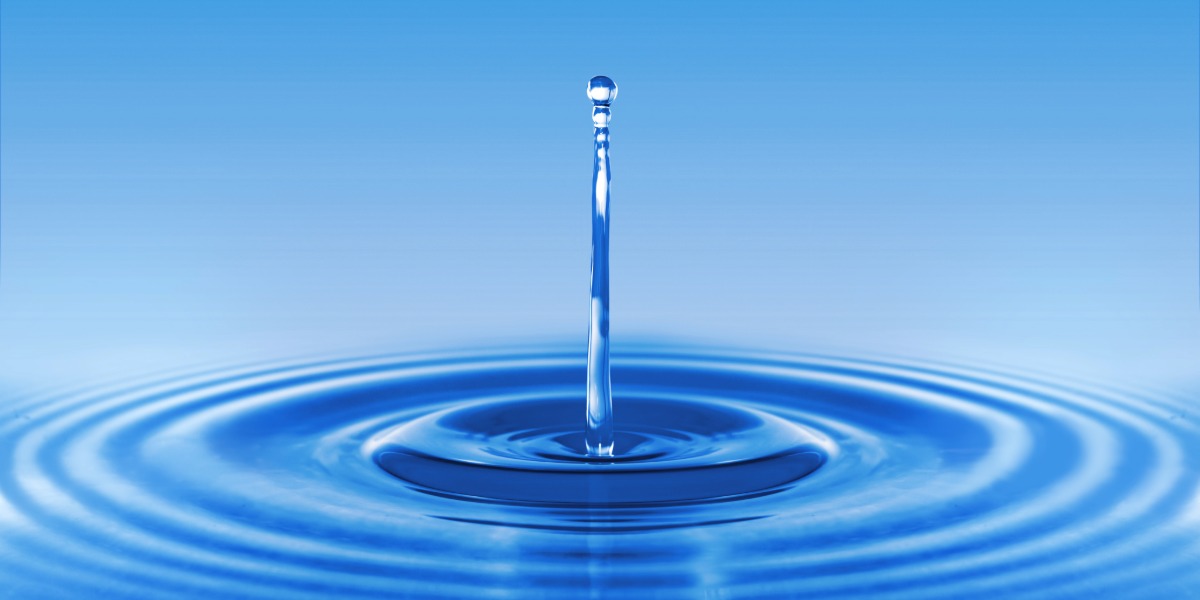New Englanders are being urged to rethink how they use water and to uncover the hidden ways it flows through everyday life as part of National Water Week 2025, which starts today, running from 21 to 27 October.
The Australian Water Association (AWA) is calling on individuals, schools, and businesses to recognise the unseen water embedded in everything we eat, wear, build, and use, and to take steps toward reducing the nation’s collective water footprint.
While most Australians are conscious of turning off taps and shortening showers, few realise how much water is used behind the scenes in the production of food, clothing, technology, and other goods. According to AWA, a steak can require up to 4,000 litres of water to produce, and a single cup of coffee around 140 litres. Even the digital tools many use every day have an impact — ChatGPT, for example, is estimated to use the equivalent of a 500ml water bottle for every five to 20 questions asked, depending on the complexity of the task.
AWA Chief Executive Officer Corinne Cheeseman said the message was clear: the way Australians use and value water must change if the nation is to maintain long-term water security.
“Climate extremes are intensifying, our population is growing, and much of our water infrastructure is ageing,” Ms Cheeseman said. “Understanding our invisible water use is the first step toward valuing and protecting this critical resource. If we act now by improving our water knowledge, changing behaviours, and investing in sustainable solutions, we can secure a resilient water future.”
A recent AWA survey found that while 84 per cent of Australians actively think about their water consumption, most remain unaware of the “invisible” water used across agriculture, industry, IT, and supply chains. The research also showed that while many households are doing the right thing — with 76 per cent minimising daily water use and 69 per cent installing efficient fittings and appliances — these actions alone are not enough to offset broader pressures on the national water system.
“Water underpins everything we do, even when we can’t see it,” Ms Cheeseman said. “From the food we eat and the clothes we wear to the homes we live in and the energy we use, everything we do has a water footprint. Because every part of life is touched by water, water scarcity will inevitably affect productivity, food prices, and infrastructure resilience if we don’t start making sustainable changes now.”
The AWA hopes this year’s campaign will help shift awareness and inspire communities to take practical action — at home, at school, and in business — to sustain Australia’s shared water future.
Local events across New England
Residents in the New England region will have several opportunities to get involved. Uralla Shire Council is hosting a community Q&A session, What’s happening to our water infrastructure in Uralla Shire?, on Wednesday 23 October from 6pm to 8pm at the Uralla Shire Historic Court House.
Armidale Regional Council will hold Water Treatment Plant Tours in Guyra and Armidale until 23 October, where locals can see how their water is treated and managed. Bookings can be made at https://forms.office.com/r/MDr7H21hT0.
Nationally, the CSIRO is presenting a free public webinar How much do you REALLY know about water? on 21 October, alongside the Australian Water Association Young Water Professionals Taskforce event YWP National Water Week Webinar 2025.
More information is available at nationalwaterweek.org.
Read all the way through to the end of the story? So did lots of other people. Advertise with New England Times to reach New England locals who are interested and engaged. Find out more here.

